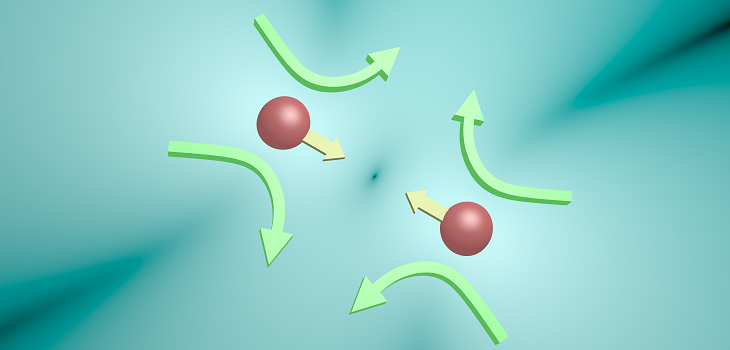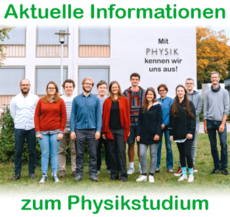Department Theory of Soft Matter / Biophysics

Summer 2025

Summer 2023

Background
Typically, Soft Matter features rather pronounced types of response to comparatively weak external stimuli. Corresponding orders of magnitude coincide with those of our everyday experience. For example, we can significantly deform gels, rubbers, or human tissue using the power of our own muscles. In our department, we concentrate, for instance, on the characterization of functionalized soft composite materials that respond to external magnetic or electric fields and that adjust their properties when exposed to such stimuli. Likewise, we investigate the collective behavior of so-called active systems, that is, ensembles of self-propelled particles or microswimmers. As an important aspect in both areas, the response of individual discrete objects is frequently coupled to a surrounding continuous elastic or viscous background medium. Generally, the presence of this medium induces a collective interaction between the discrete objects. Therefore, it can significantly affect the response of the whole system. We are particularly interested in this context in exploring how global collective behavior emerges from the properties of the individual constituents. Linking discretized mesoscopic descriptions to the parameters contained in macroscopic continuum theories is thus one of our central ambitions.

